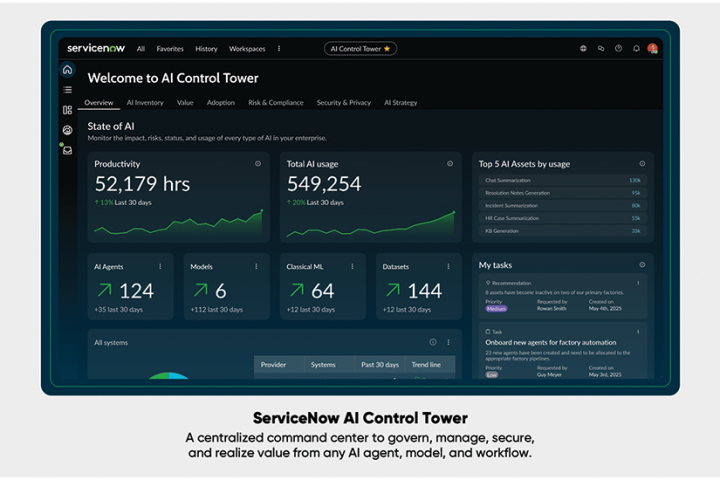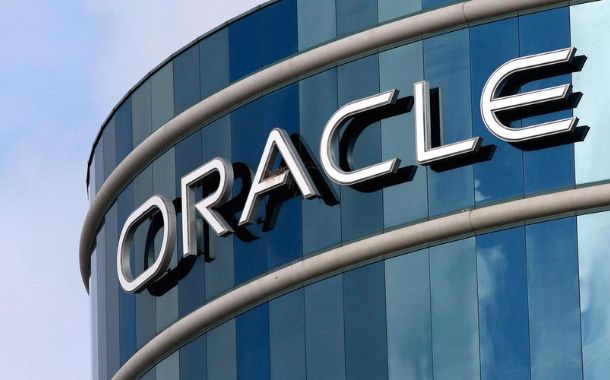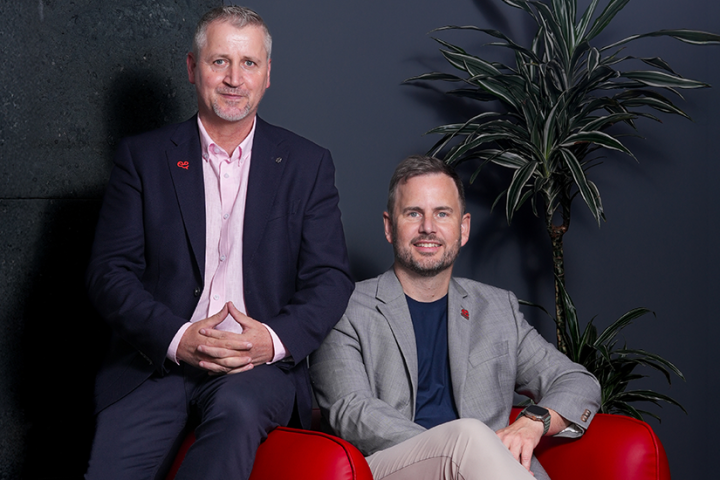
What are the world’s top CEOs thinking? Oliver Wyman report reveals how they are navigating shifts in the global economy
Oliver Wyman has shared important insights from its recent report The New Growth Agenda: How CEOs are Navigating Emerging Shifts in Geopolitics, Trade, Technology, and People, based on a survey of more than













